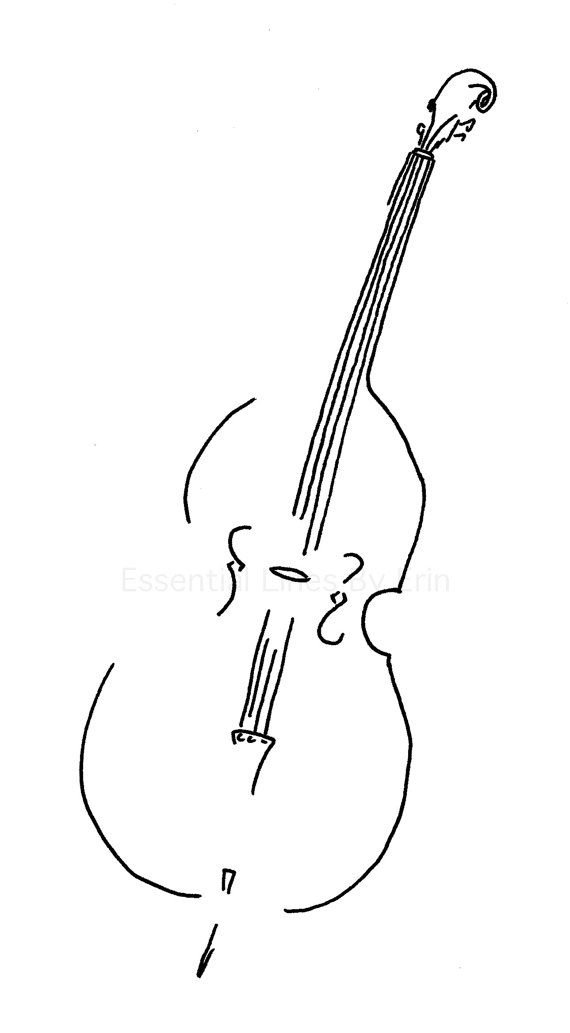What are the benefits of music therapy treatment for people with
Autism Spectrum Disorder?
Music therapy sessions are a sensory rich environment that provide opportunities for vestibular, proprioceptive, tactile, auditory, and visual sensory input.
Using a visual schedule in the music therapy setting can help to reduce anxiety in the therapeutic setting, and develop executive function skills
Rhythm based exercises provide opportunities to develop bodily coordination skills, fine and gross motor skills, on-task body behavior, and social connection.
Singing activates more brain areas than speaking. For this reason, singing can be used as a tool to develop speech skills such as a slower speaking pace, louder tone, and more articulate consonant sounds.
